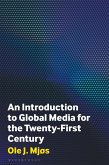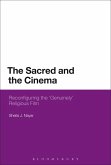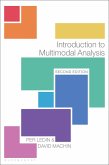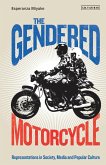The human race now creates, distributes and stores more information than at any other time in history. Frictionless and cheap digital networks circulate information in ways which either authors or subjects are unable to trace or control. Servers store data which can be found on the world wide web years after it has ceased to be accurate or relevant to its original use. These developments have given rise to a movement promoting a 'right to be forgotten': an argument that freedom of expression should be balanced by a right to erase information which affects an individual, under certain conditions. Rights to privacy therefore need extending and strengthening in the digital era. This strand of thinking influenced a significant judgement delivered by the European Court of Justice in May 2014. As a result, the dominant internet search engine in Europe, Google, has been required to remove links to hundreds of thousands of pieces of information on application from individuals who considered their interests harmed. We know very little of how these delinking choices are made.This book looks at the implications of this controversial decision for free expression, journalism and information in the digital public sphere.
Two rights-free speech and privacy-collide in a new way in age of information saturation. Is the judgement a threat to freedom of information and the accuracy of the historical record or the first step in establishing essential new rights in the digital era.
Two rights-free speech and privacy-collide in a new way in age of information saturation. Is the judgement a threat to freedom of information and the accuracy of the historical record or the first step in establishing essential new rights in the digital era.









